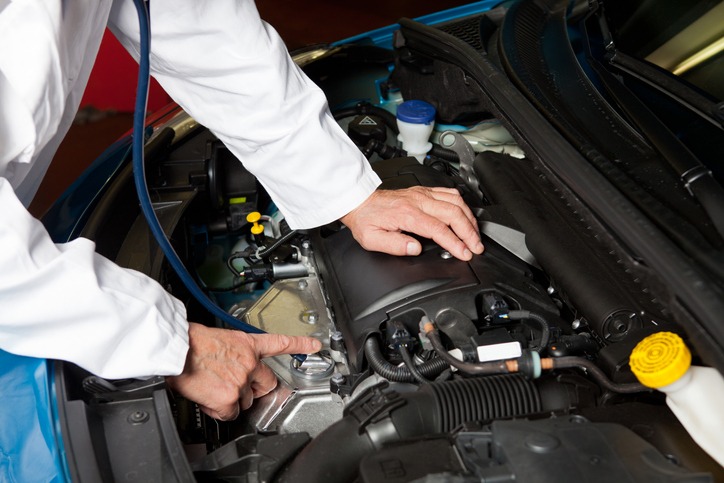Cars are expensive, and if you’re like most people, you probably don’t have the spare cash to run around replacing your ride every couple of years. Instead, why not make a decent investment, and then milk it for every bit of usage you can get?
Unfortunately, all cars end up in a wrecking yard eventually, and there’s only so much you can get out of your investment when you sell it for scrap.
However, we’re going to give you three simple maintenance tips to prolong the life of your car for as long as possible to really help you maximize your return on investment. Then, when it finally does hit that point of no return, we have a way for you to get a little bit of your cash back, too.
Let’s get started.
Regular Oil Changes:
Far too many people simply wait for their oil light to come on and then pour in another quart or two of whatever cheap oil they can find at their local general store. That’s not the way to go about it, and it dramatically impacts how long your engine will last.
There are two things you need to worry about with your oil.
- Drain and replace it regularly.
- Only use premium oil products.
Changing the oil is straightforward. You can do it at home in about 15 minutes if you have a cheap filter wrench and an oil pan. Just make sure you dispose of the used oil legally.
If that’s a bit too much work for you, or you’re not comfortable doing it, you can pay dedicated oil-changing businesses to do it for a very reasonable fee. This is usually no more than $45, and it ensures the job is done quickly.
Usually, you can just shop at surrounding stores while the mechanics do their work. Doing this regularly will keep your oil clean and ensure that it lubricates your engine as intended. Failing to do so can cause friction in the motor or allow debris to enter sensitive moving parts.
Just make sure you’re using good oil. It’s not something you want to skimp on, and it’s not very expensive either, even if you buy the best brand possible. Cheaper oils won’t perform as well, and they can lower your car’s life expectancy.
You should also replace the oil filter at regular intervals too. This will prevent the filtered particles contaminating the newer oil. Check out this guide if you want to learn more about when and how to change your car’s oil.
Regular Checkups:
Depending on how mechanically inclined you are, you can either do this on your own on a day off from work, or you can drop it off basically any mechanic and have it done at a more than reasonable price.
This is just like getting a checkup at your physician. Except, instead of a doctor checking your eyes, reflexes, weight, and other simple things, a mechanic takes a quick glance at your car’s internals and might hook up a diagnostics machine to see if any error codes pop up.
The fact is, not every problem presents itself in such an obvious way that you know something needs to be fixed. Sometimes, subtle hints are all you can go off, and a mechanic’s trained eye might be necessary to spot them. This allows you to perform preventative maintenance long before they become noticeable problems.
This can be budget friendly at any honest mechanic shop, and if you do it once a year, even if your vehicle seems fine, you can save big bucks in the long run by catching things early. A lot like if you go to your physician annually and pick up on diseases or potential problems before they become obvious.
Remember, it’s a lot easier to fix the problem when it’s small.
Use the Right Fuel:
With today’s ridiculous gas prices, it’s tempting to go with the cheapest option you can to save a few bucks. However, gasoline is one of the most important parts of your car. Not only is it necessary for starting and running the car but using inferior forms of gasoline can cause gradual damage to your vehicle that costs a lot more to replace later.
Shelling out for higher-quality gasoline can preserve your vehicle’s fuel lines, tank, and various other parts while getting you where you need to go.
What To Do When All Else Fails
Even if you do all these things and then some, your car will eventually become unwanted due to its age or suffer extensive damage from an accident. At that point you can’t privately sell it and no dealership will accept it in as a trade. Luckily, you can still sell it to a scrapper and get some money back.
It’s a good idea to wait until the car is truly busted before taking this route, but it can help you get at least the recycling value of the car back once you’ve gotten all you can out of it. To do this, just call your local auto wrecker.

